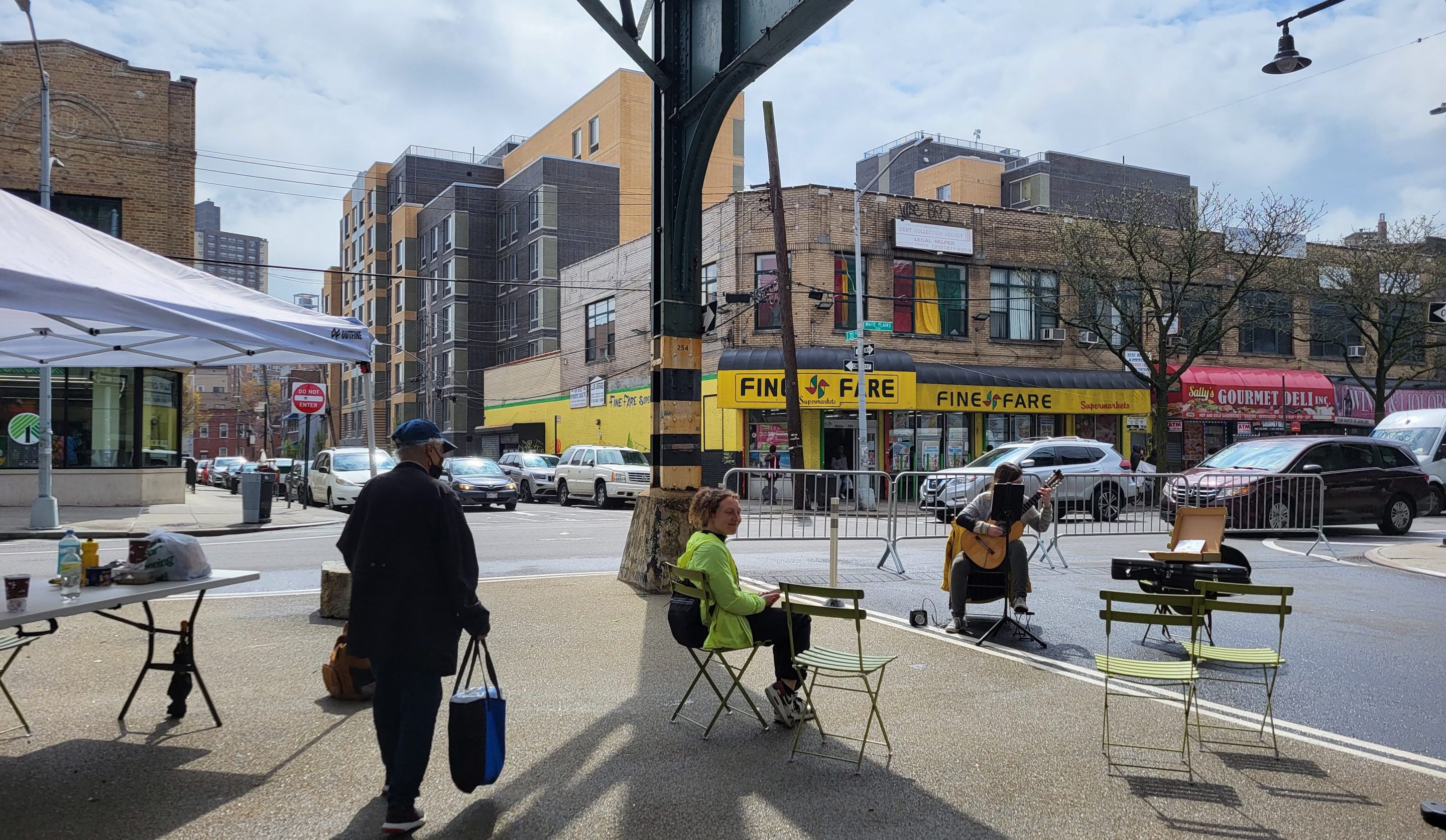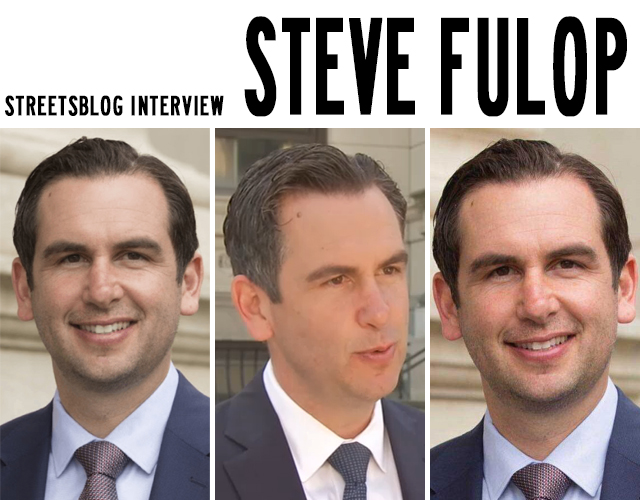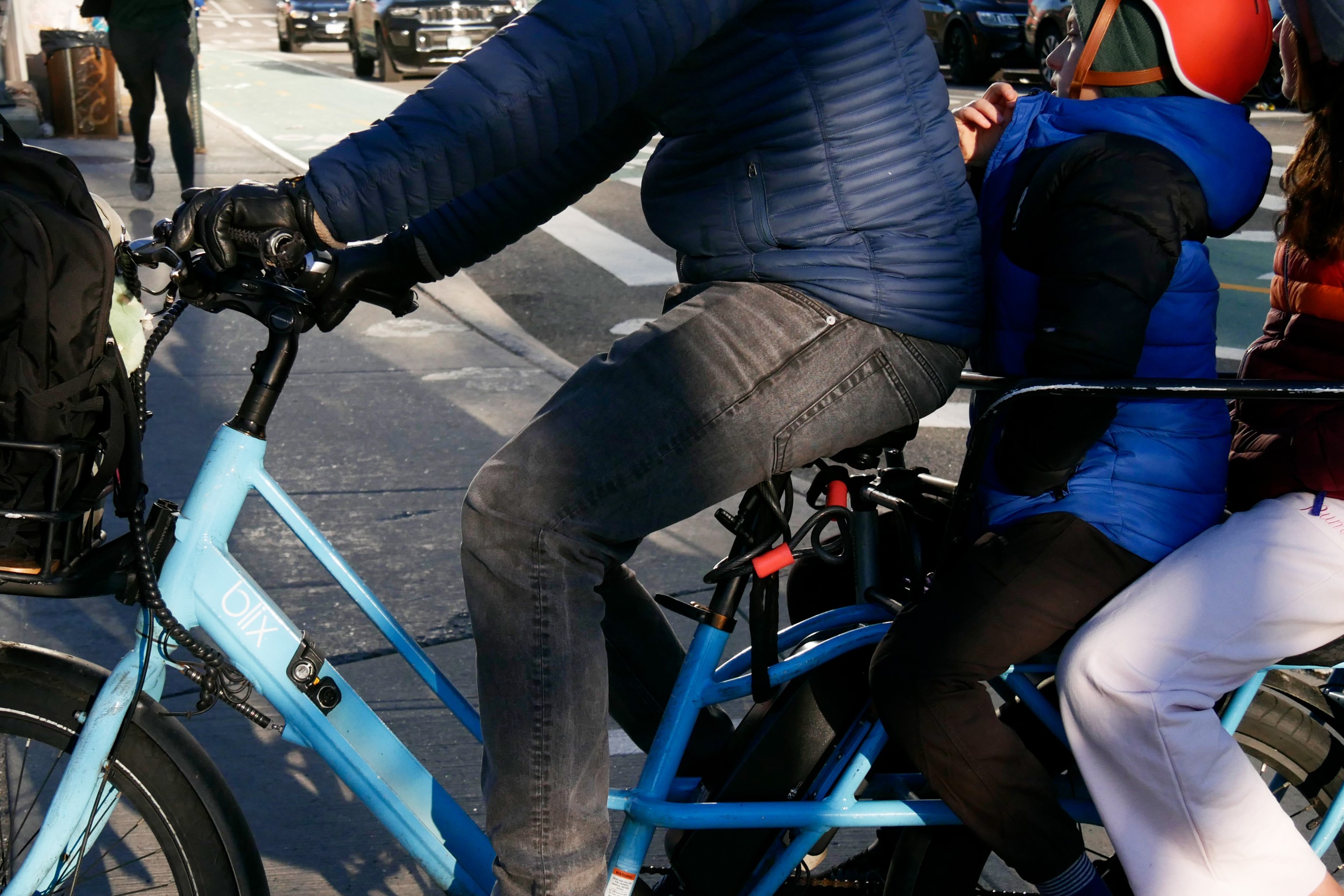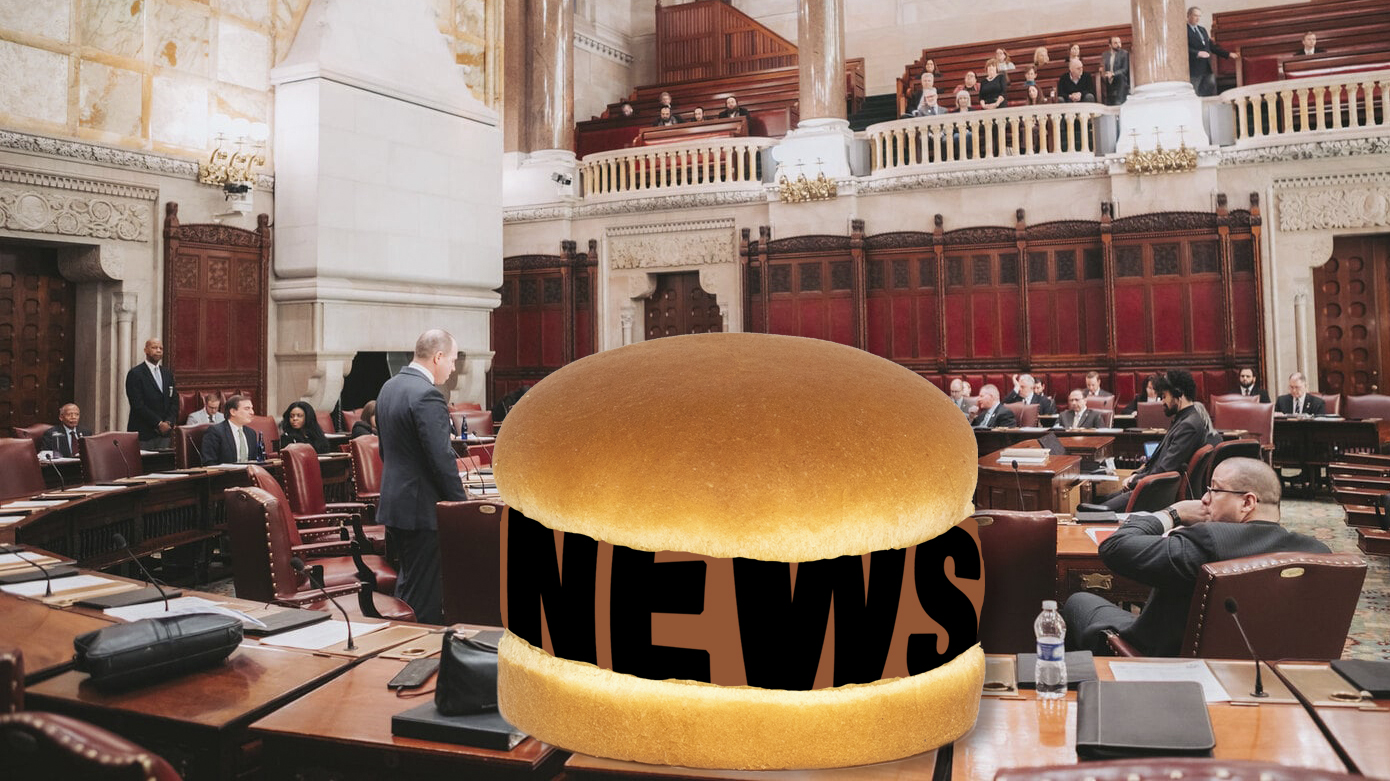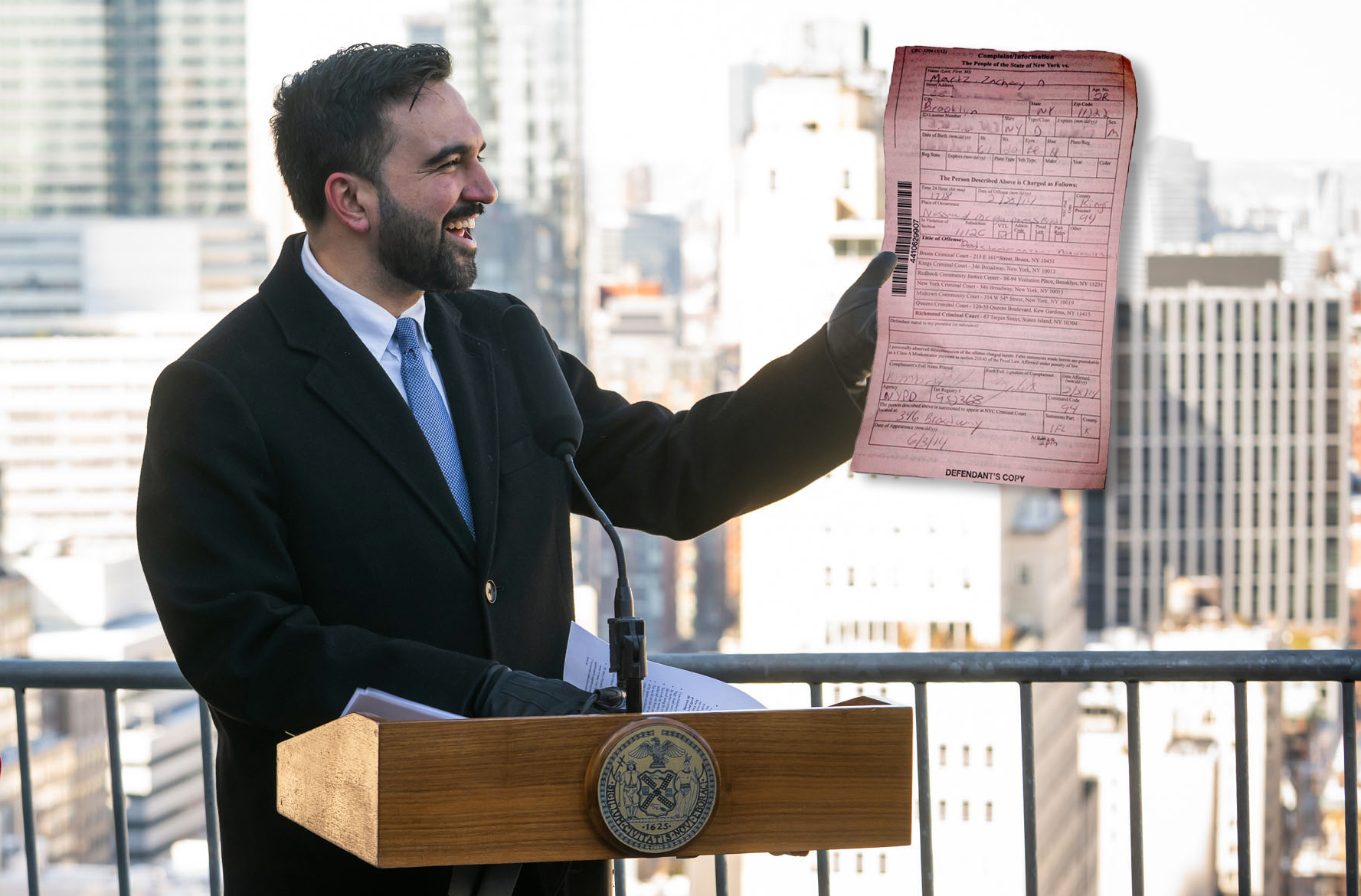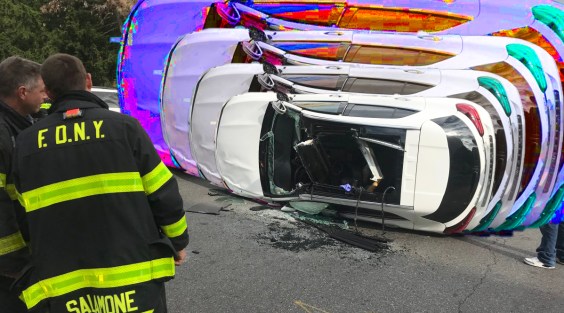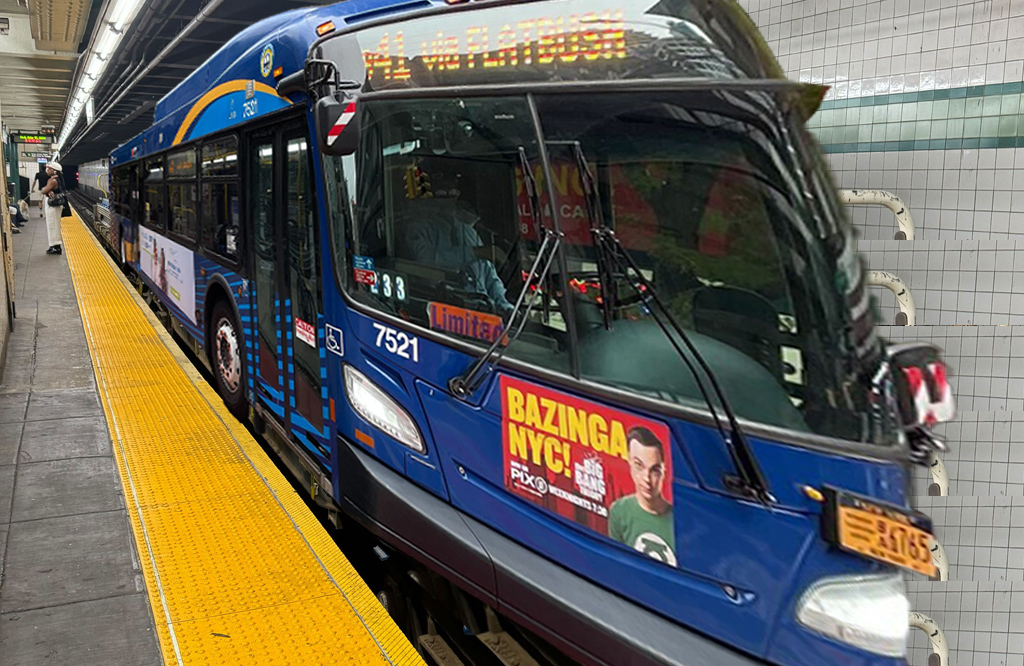A new Bronx open street on less than 70 feet of E. 212nd Street in the East Bronx promises to offer residents much-needed space for markets and a place for families to gather, according to organizers and locals.
The city will close off a small slice of E. 212nd Street beneath the elevated tracks along White Plains Road in Williamsbridge for six hours each Saturday starting next month. The space sits between two forks of White Plains Road that drivers usually use to make U-turns under the elevated subway tracks.
Organizers plan to fill the space with a farmers market, stands for local businesses, along with toys, games and book giveaways for kids — re-purposing a stretch of road usually reserved for cars, organizers said.
“What would it look like if you just closed this tiny little street, give it some activities, attach it to this plaza, and then it would be a great space, and then the cars can go a different direction,” said Judi Desire, of the Uptown & Boogie Healthy Project, which runs three farmers markets in Harlem and the Bronx, and organized the new open street.
The East Bronx is starved of open streets. The area has just one other car-free space on a small corner of Harrod Place all the way down in Soundview, which also runs only on Saturdays, from 10 a.m–5 p.m.
The reuse of the streetscape will offer residents some of the same benefits that wealthier neighborhoods have enjoyed from the program, supporters said.
“Folks don’t feel like they have to leave their neighborhoods to see quality care and resources,” said the chairperson of Community Board 12, Beatriz Coronel. “This is a perfect place where we can gather families and provide them outlets for growth for mind, body, and soul.”
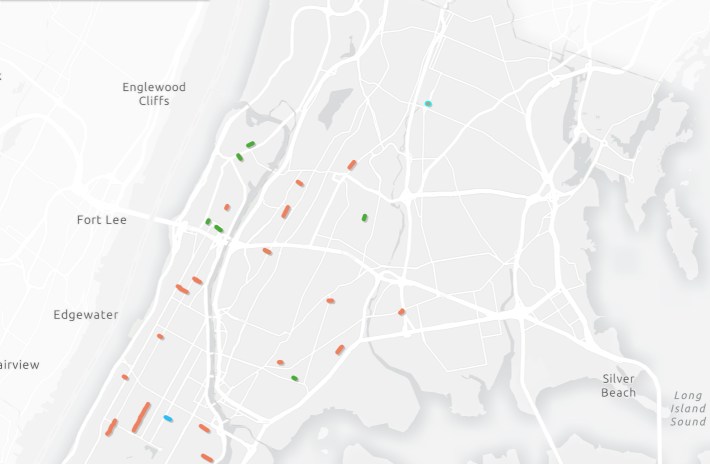
Commuters coming off the subway currently have to fend for space on the plaza beneath the Gun Hill Road stop with fruit vendors and kids running around. The open street will give everyone more space to fan out, Desire said.
The E. 212nd Street open street officially launches on June 1 each Saturday from 9 a.m. to 3 p.m., and Desire said she plans to extend the weekly event to around Thanksgiving.
East Bronxites got a taste of the concept during Car-Free Earth Day on April 20, when the street closed for a guitar performance, tables and chairs for people to rest and a handful of stands, such as one teaching locals about essential oils.
Even that modest offering already got residents excited for its potential, according to Coronel.
“We kept hearing ‘this is much needed,’” the civic leader said. “Although it seems like it may be small, it’s big enough.”
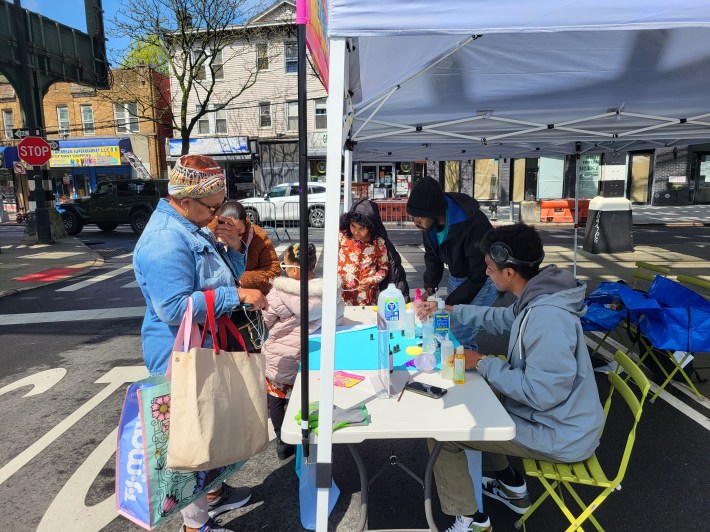
The open street closes off that redundant space to vehicles and creates a corridor for people coming or going to the the 2 and 5 trains. A recently-revamped plaza that used to be parking just north of the open street also expands the space even further.
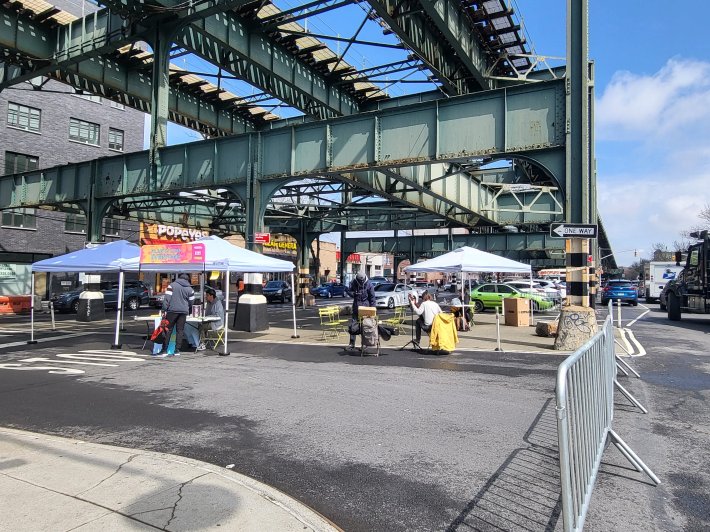
“It’s about creating this kind of safe space in the community, which I feel can add what was already existing, but enhanced,” Desire said. “We know you want a form of a gathering space, and you’re traveling to different places for it — you can literally just walk out of your house and have it."
The open streets program reimagined dozens of miles of New York City roads into outdoor oases during the early years of the Covid-19 outbreak, and has transformed some corridors with permanent upgrades.
But the largely-volunteer efforts have also faced challenges from several angles under the Adams administration, including lack of funding and late refunds from the city, bureaucratic hurdles, and lawsuits by opponents.
That has ended or endangered even some of the most popular car-free corridors in well-heeled neighborhoods, like Brooklyn's Fifth Avenue in Park Slope, Vanderbilt Avenue in Prospect Heights, and Willoughby Avenue in Fort Greene.
In 2023, DOT earmarked $30 million to support open streets and plazas in needier areas under its Public Space Equity Program, which will also help the E. 212nd Street with operations, horticultural care and programming, according to agency rep William Livingston.
The Bronx open street is a glimmer of what's possible when even small amounts of streetscape become more accessible to people not in cars, livable streets advocates said.
"These are exactly the kinds of open streets that the City should be throwing support and resources towards," said Emily Chingay, Citywide Engagement Advocate with Open Plans (which shares a parent organization with Streetsblog).
"These public spaces become full-service community hubs and it’s so nice to see the street transform into an access point for community, education, food, and games. In areas that lack traditional parks, these spaces are invaluable," Chingay added.
"The neighborhood is really excited so hopefully the Open Street can gain momentum and expand to more hours, more days, and more blocks. They’ll almost certainly need additional City support to do it."
